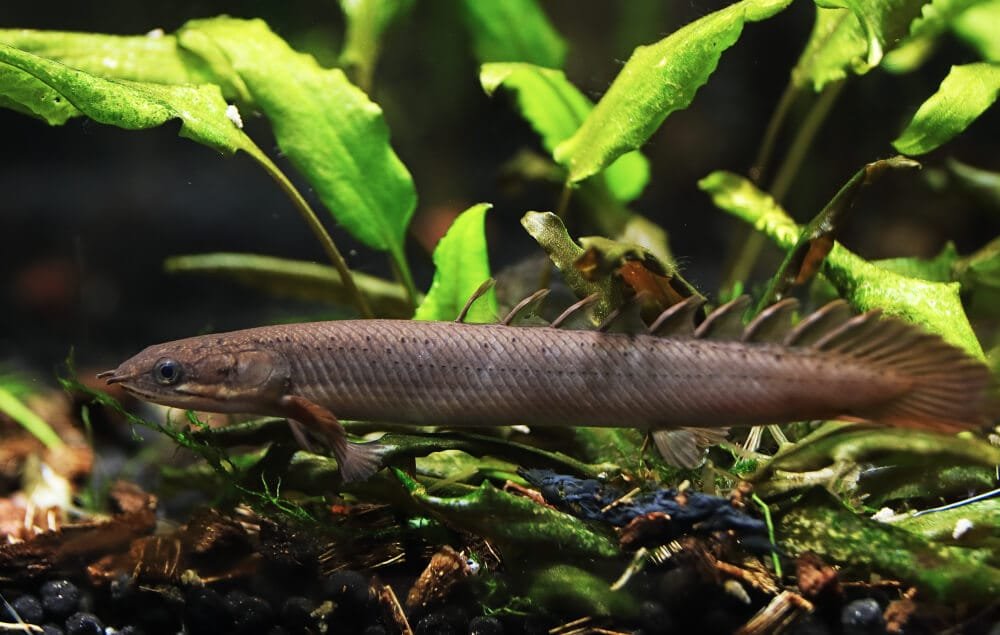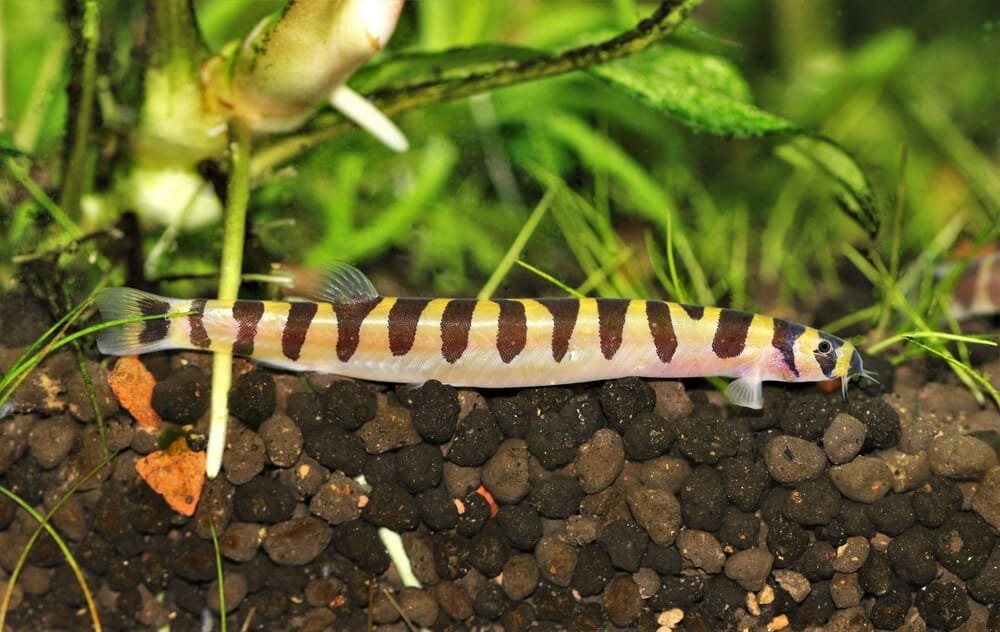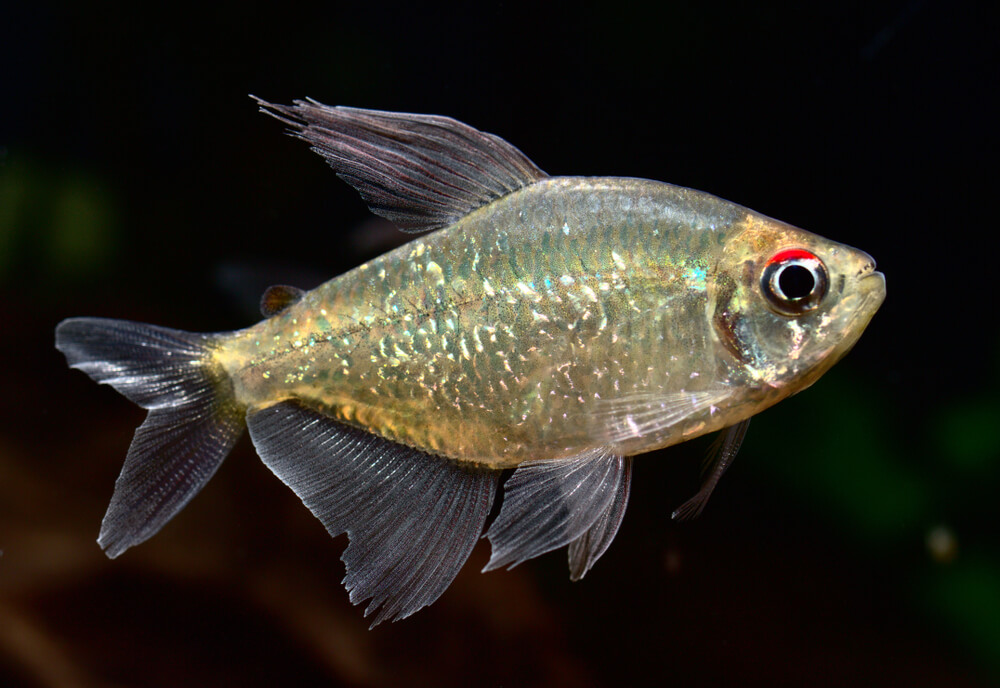So, you’ve decided to bring home a beautiful Betta fish as your new aquatic companion. But before you dive into the world of Betta care, you may be wondering if these stunning creatures really need a filter in their tank. Well, wonder no more! In this article, we’ll explore whether Betta fish truly need a filter for their tank and uncover the reasons why this accessory could be a game-changer for your finned friend.
Benefits of Having a Filter
Removes Harmful Substances
One of the main benefits of having a filter in your Betta fish tank is that it helps remove harmful substances from the water. Filters are designed to capture debris, uneaten food, and fish waste, preventing them from building up and compromising water quality. By removing these pollutants, a filter helps create a clean and healthy environment for your Betta fish.
Maintains Water Quality
Having a filter in your tank is essential for maintaining water quality. Filters work by promoting the growth of beneficial bacteria, which help break down harmful ammonia and nitrites, converting them into less toxic nitrates. By keeping water conditions stable and eliminating toxic substances, filters ensure a safe and comfortable habitat for your Betta fish.
Promotes Oxygenation
Another important benefit of filters is that they promote oxygenation in the tank. The continuous movement of water created by the filter helps to oxygenate the water, ensuring that your Betta fish always have an adequate supply of oxygen. This is especially important in tanks without live plants, as they rely solely on the filter to provide oxygen to the water.
Reduces Ammonia Buildup
Ammonia buildup can be extremely harmful to Betta fish, leading to stress, illness, and even death. Filters play a crucial role in reducing ammonia buildup by converting it into less harmful substances through the process of biological filtration. This helps maintain a healthy and stable environment for your Betta fish, minimizing the risk of ammonia-related health issues.
Types of Filters
Mechanical Filters
Mechanical filters are the most common type of filters used in Betta fish tanks. They work by physically capturing debris and particles from the water, preventing them from circulating back into the tank. Mechanical filters typically consist of a sponge or pad that traps larger particles, such as fish waste and uneaten food. They are easy to clean and maintain, making them a popular choice for Betta fish owners.
Chemical Filters
Chemical filters, also known as activated carbon filters, use activated carbon to remove impurities from the water. Activated carbon has a large surface area and can adsorb various contaminants, including chemicals, toxins, and odors. While chemical filters may not be necessary in all Betta fish tanks, they can be beneficial in situations where the water source contains high levels of chlorine or other chemicals.
Biological Filters
Biological filters, also known as biological media or biofilters, are responsible for the crucial process of biological filtration in the tank. They provide a surface for beneficial bacteria to colonize and break down harmful ammonia and nitrites, converting them into less toxic nitrates. Biological filters are essential for maintaining a healthy nitrogen cycle in the tank and ensuring the long-term well-being of your Betta fish.
Factors to Consider
Tank Size
When choosing a filter for your Betta fish tank, it’s important to consider the size of the tank. The filter should be appropriately sized to handle the volume of water in the tank, ensuring efficient filtration and circulation. For smaller tanks, a smaller and less powerful filter may be sufficient, while larger tanks may require a more robust filtration system.
Fish Population
The number of Betta fish in your tank can also impact the type and size of filter needed. If you have multiple Betta fish or other fish species in the tank, you may need a filter with higher filtration capacity to accommodate the larger bio-load. Additionally, consider the activity level of your fish. If your Betta fish are relatively inactive, you may be able to use a filter with a lower flow rate to avoid creating excessive water currents.
Decorations and Substrate
The presence of decorations and substrate in your tank can affect the choice of filter. If you have fine substrate or delicate plants, a filter with adjustable flow rate or a sponge pre-filter can prevent them from being disturbed or sucked into the filter. Additionally, if you have many decorations that can trap debris, a more powerful filter may be required to ensure efficient filtration and prevent clogging.
Water Change Routine
Your water change routine is an important factor to consider when selecting a filter. Some filters require more frequent maintenance, such as cleaning or replacement of filter media, while others are designed to be low maintenance. If you have limited time for regular maintenance, choosing a filter that is easy to maintain and requires less frequent attention can be beneficial.
Time Commitment
Before deciding on a filter, consider the amount of time you are willing to dedicate to maintaining your Betta fish tank. Some filters require regular monitoring and adjustments, while others can operate relatively autonomously. If you have a busy schedule or prefer a low-maintenance setup, choosing a filter that requires minimal time and effort for upkeep can be advantageous.
Other Ways to Maintain Water Quality
Regular Water Changes
While filters play a significant role in maintaining water quality, regular water changes are still essential for Betta fish tanks. Water changes help dilute accumulated toxins, remove excess nutrients, and replenish essential minerals. Aim to perform weekly water changes of around 25-30% to keep the water clean and fresh for your Betta fish.
Adding Live Plants
Live plants offer numerous benefits to Betta fish tanks, including improving water quality. They help absorb nitrates, provide oxygen, and reduce algae growth. Adding some aquatic plants to your tank can enhance the natural filtration process and create a more aesthetically pleasing environment for your Betta fish.
Cleaning the Tank
Regular tank cleaning is crucial for maintaining water quality. Remove any uneaten food, debris, and waste using a siphon or a gravel vacuum during water changes. Additionally, clean the glass or acrylic surfaces of the tank regularly to prevent algae buildup. Keeping the tank clean reduces the workload on the filter and contributes to a healthier environment for your Betta fish.
Potential Drawbacks of Filters
Strong Water Current
Some filters, especially those with higher flow rates, can create a strong water current in the tank. While certain fish species may thrive in stronger currents, Betta fish prefer calmer waters. A filter with an adjustable flow rate or a sponge pre-filter can help reduce water currents and prevent stress for your Betta fish.
Noise
Certain types of filters, such as power filters, can produce noise due to the water movement and vibration. This can be bothersome, especially if your Betta fish tank is in a quiet area or your sleep is easily disturbed. Consider choosing a filter known for its quiet operation, or using noise-reducing materials to dampen any noise produced by the filter.
Additional Maintenance
Filters require regular maintenance to ensure optimal performance. This may include cleaning or replacing filter media, checking and adjusting the flow rate, and clearing any debris or clogs. While maintenance is necessary for the filter to function effectively, it does require additional time and effort on your part.
Higher Energy Consumption
Certain types of filters, such as power filters or canister filters, require electricity to function. This can result in higher energy consumption compared to other types of filtration methods. While the energy usage may not be significant, it’s important to consider the potential increase in electricity costs when using a filter.
Filter Material Replacement
Filters often require regular replacement of filter media, such as activated carbon or filter pads. The frequency of replacement varies depending on the type of filter and the bio-load in your tank. The cost of replacing filter materials should be taken into account when considering the long-term maintenance of your Betta fish tank with a filter.
Ideal Tank Setup for Betta Fish without a Filter
Large Tank Size
If you choose not to use a filter in your Betta fish tank, it’s crucial to provide a sufficiently large tank. A larger tank volume helps maintain stable water parameters and dilutes any build-up of toxins or waste. Aim for a tank size of at least 5 gallons to create a suitable environment for your Betta fish.
Proper Water Chemistry
Without a filter, maintaining proper water chemistry becomes even more critical. Regular monitoring of ammonia, nitrites, nitrates, and pH levels is essential to ensure a healthy and safe habitat for your Betta fish. Consider using water conditioners or specific additives to help stabilize water parameters in the absence of a filter.
Low Fish Density
To compensate for the lack of filtration, it’s advisable to keep the fish density low in a tank without a filter. Overstocking can result in excessive waste and increased ammonia levels, significantly impacting water quality. Plan your stocking carefully and ensure that the bio-load remains manageable without a filter.
Minimal Decorations
In a Betta fish tank without a filter, consider minimizing decorations to reduce waste accumulation and ease maintenance. Excess ornamental structures or densely planted tanks can make it challenging to clean the tank effectively and maintain water quality. Similarly, avoid using decorations that have sharp edges or small openings that can potentially harm your Betta fish.
Frequent Water Changes
When opting for a tank without a filter, regular water changes become even more critical. Frequent partial water changes, typically every two to three days, are necessary to prevent toxin build-up and ensure the water remains clean and safe for your Betta fish. Aim to replace around 50% of the water during each water change to maintain optimal water quality.
Exceptions and Special Cases
Sick or Injured Bettas
In some cases, when a Betta fish is sick or injured, it may be beneficial to temporarily remove the filter from the tank. Certain medications or treatments can be incompatible with filter media, and removing the filter can help prevent the medication from being absorbed or neutralized. However, it’s important to note that this should only be a temporary measure and the filter should be reinstated once the treatment is complete.
Breeding Tanks
Breeding tanks for Betta fish often require specific conditions and setups that may not include a traditional filter. Breeding tanks are typically smaller in size and heavily maintained by the breeder. The lack of a filter is compensated by meticulous monitoring of water conditions, regular partial water changes, and manual removal of uneaten food and waste.
Temporary Housing
In certain situations, such as when performing tank maintenance or moving your Betta fish to a temporary holding tank, a filter may not be necessary. Temporary housing solutions, such as small bowls or containers, can be utilized without a filter for short periods, as long as the water is closely monitored and regular water changes are performed.
Conclusion
While it is not absolutely necessary for Betta fish to have a filter in their tank, having one offers numerous benefits in terms of water quality, oxygenation, and ammonia reduction. The type and size of the filter should be selected based on factors such as tank size, fish population, and personal preferences. Alternatively, if opting for a tank without a filter, it is important to create an ideal setup that includes a proper tank size, regular water changes, and thoughtful considerations for maintaining water quality. Understanding the benefits and drawbacks of filters, as well as exploring exceptions and special cases, will help ensure the best possible environment for your Betta fish.






